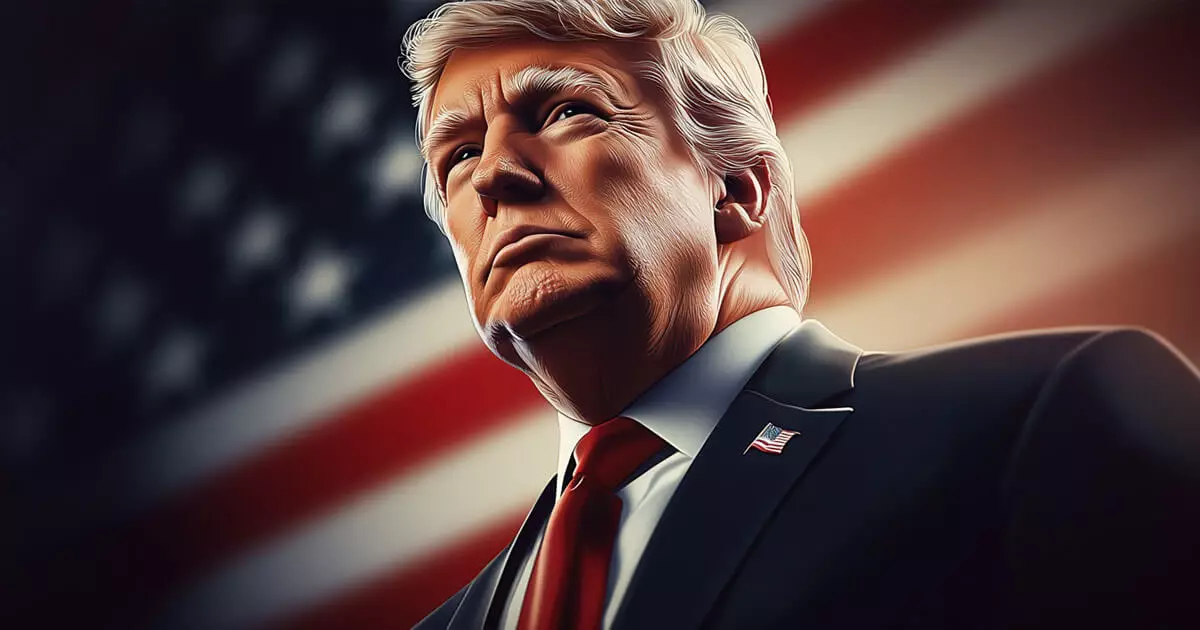As the political landscape transforms with the arrival of President-elect Donald Trump, a significant shift in the enforcement of cryptocurrency regulations appears imminent. During his campaign, Trump made a clear promise to relax the scrutiny on cryptocurrencies, a sentiment echoed by both current and former government lawyers at a recent conference in New York. The juxtaposition of ongoing crypto fraud cases against the backdrop of reduced enforcement priorities signals a new chapter for the industry. While actors within the crypto space won’t be entirely insulated from legal repercussions, the federal government is likely to redirect its focus toward Trump’s other enforcement priorities—most notably immigration laws.
Scott Hartman, who co-leads the securities and commodities task force at the U.S. Attorney’s Office in Manhattan, highlighted a tangible shift in resources allocated to prosecuting crypto crimes. With a workforce already streamlined to just 16 prosecutors, Hartman’s apprehension about potential further cuts illustrates the precarious balance that these regulatory bodies maintain. The sentiment is that, while enforcement against egregious fraud will remain, the urgency to pursue such cases is waning. This mirrors the cyclical nature of the crypto industry, especially following the bearish market conditions that characterized the so-called ‘crypto winter’ in 2022.
Legal experts and former regulators suggest that the emphasis will likely pivot towards different domains entirely, particularly immigration enforcement. Steve Pelkin, a partner at Sullivan & Cromwell and a former head of SEC enforcement under Trump’s previous administration, voiced his anticipation of significant shifts in resource allocation. The expectation that priority will be given to immigration cases raises questions about how effectively agencies can balance multiple pressing issues without compromising the integrity of their existing workload.
The recent nomination of Jay Clayton, who once served as the chair of the U.S. Securities and Exchange Commission (SEC), to become the new U.S. attorney for Manhattan adds another layer of complexity to the regulatory landscape. Under Clayton’s leadership, the SEC adopted a more measured approach to cryptocurrency enforcement compared to the current chair, Gary Gensler. Nonetheless, as Trump expresses intentions to re-engage with Clayton, it raises uncertainties regarding the future of ongoing litigation against major crypto firms like Coinbase and Binance. With Gensler’s term scheduled to end in July 2025, the landscape for regulatory oversight may be drastically different depending on who occupies the role of SEC chair in the near future.
The anticipated shift in regulatory enforcement under President Trump represents not just a change in leadership, but a potential metamorphosis in how cryptocurrencies are viewed and treated by federal authorities. As enforcement agencies adjust their focus, the crypto landscape could evolve, reflecting the government’s broader priorities. Whether these changes will be beneficial or detrimental to the cryptocurrency sector remains to be seen, but stakeholders must remain vigilant as the balance between innovation and regulation continues to change.



















Leave a Reply